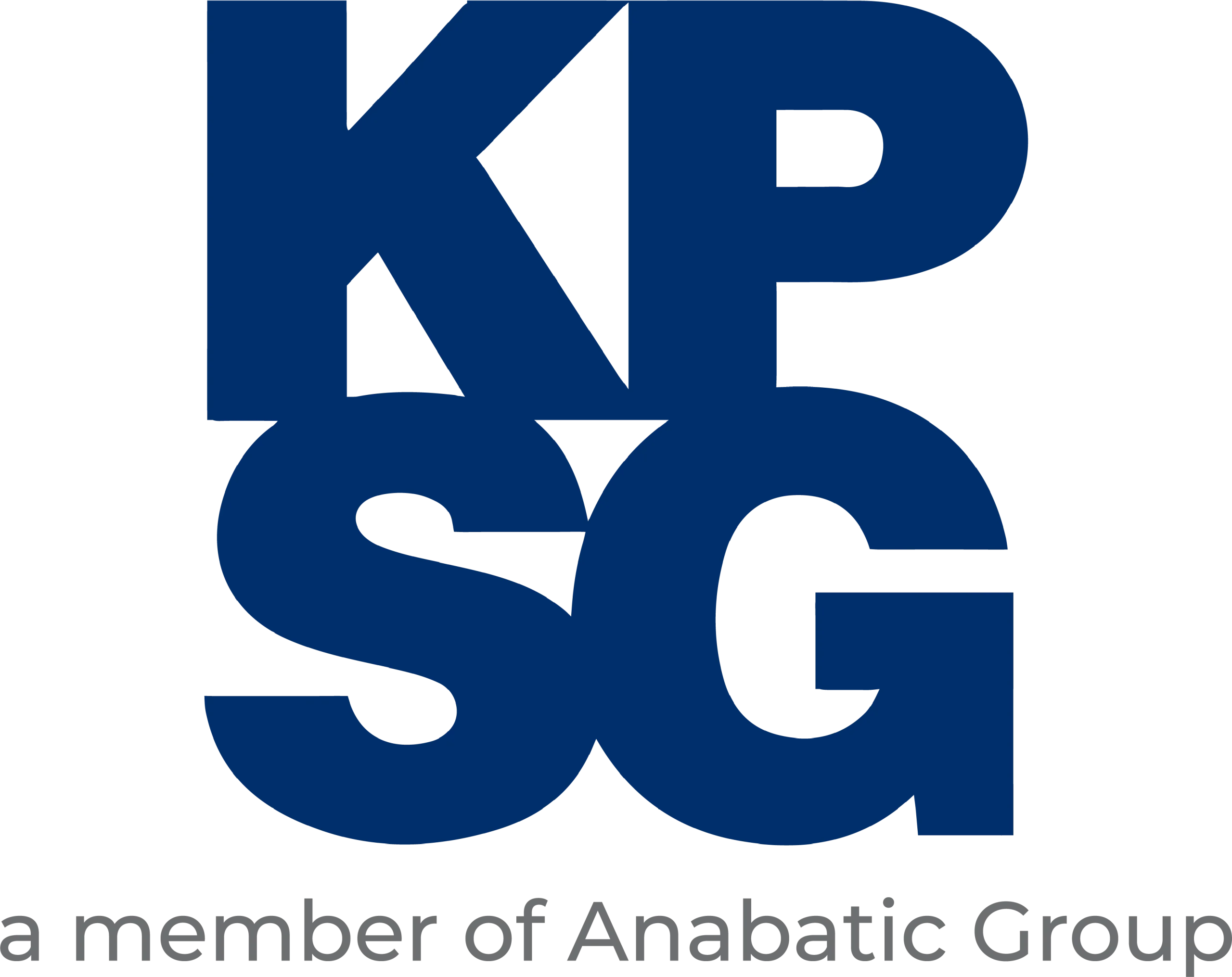In an increasingly competitive business environment, companies are expected to deliver fast service while also driving sustainable sales growth. However, without an integrated system, many potential customers are missed, and workflows become inefficient.
This is where a CRM application (Customer Relationship Management) plays a vital role. It helps companies manage customer relationships comprehensively, from data management and interaction analysis to automating sales and service processes. When implemented correctly, a CRM application becomes more than just a tool for efficiency; it becomes a core strategy for creating superior customer experiences.
Why a CRM Application Matters for Sales and Customer Service
In sales, every customer interaction is an opportunity to build trust and increase potential transactions. Without an organized system, valuable information often ends up scattered across multiple channels and becomes difficult for teams to access.
A CRM application consolidates all customer data into a single, centralized platform. Every team, from sales to customer service, can access the same information, better understand customer needs, and deliver more relevant solutions. The result is a faster sales process, more responsive customer service, and improved loyalty.
How to Optimize Sales with a CRM Application
Identify Sales Opportunities Accurately
A CRM application stores all customer interaction data, including purchase history, preferences, and product interest levels. With this analysis, sales teams can identify cross-selling and up-selling opportunities more effectively.
For example, if a customer regularly purchases Product A, the CRM system can recommend Product B as a complementary item. This data-driven approach makes offers more relevant and improves conversion rates.
Manage Prospects and Sales Pipelines
Without a structured system, many potential leads may go unnoticed. A CRM helps sales teams organize their sales pipelines more efficiently, from initial prospecting to closing deals.
Each opportunity can be tracked through a real-time dashboard that displays transaction status, follow-up schedules, and potential revenue. This workflow allows companies to prioritize promising leads and accelerate the sales process.
Automate Sales Activities
Modern CRM applications are equipped with automation features that save time and effort for sales teams. Reminder notifications, email templates, and follow-up tracking can all be set up automatically.
This eliminates repetitive administrative tasks, allowing teams to focus on strategic activities such as negotiation and relationship building.
Integrate Sales and Service Data
One of the main advantages of a CRM application is its ability to connect sales and customer service divisions. With integrated data, service agents can view a customer’s purchase history before providing support.
This integration not only increases response speed but also enables agents to deliver more personalized solutions. Likewise, the sales team can gain valuable insights from the service team about customer issues or needs that may turn into new sales opportunities.
How to Optimize Customer Service with a CRM Application
Increase Speed and Consistency in Service
A CRM provides a complete view of customer interaction history in one dashboard. When a customer contacts the company through any channel, such as phone, chat, or email, agents can continue the conversation without losing context.
This shortens response times, reduces queues, and creates a more consistent service experience across all channels.
Personalize Every Interaction
With insights from a CRM, companies can better understand customer preferences and habits. Agents can tailor their communication approach, recommend relevant products, and offer solutions based on specific needs.
This level of personalization strengthens the customer experience and promotes long-term loyalty.
Monitor Performance and Real-Time Analytics
Modern CRM systems include analytics that display key metrics such as response time, ticket resolution rates, and customer satisfaction levels. This data can be used to measure team effectiveness and identify areas for improvement.
These insights empower companies to make data-driven decisions to enhance overall service performance.
KPSG’s Role in CRM Application Implementation
As a company built on Customer Experience as a Service (CXaaS) and Business Process as a Service (BPaaS), KPSG has over 30 years of experience helping various industries optimize sales and customer service through integrated CRM solutions.
KPSG delivers more than software. It provides end-to-end services, including:
- System and workflow integration across divisions.
- Quality management to ensure consistent service.
- Data analytics to support strategic decision-making.
- Professional workforce support for contact center and sales operations.
By combining technology, process management, and skilled manpower, KPSG helps companies build CRM systems that are not only efficient but also support sales growth and enhance customer experience.
Conclusion
A CRM application is not just an administrative sales tool, but it is a business strategy that unites all sales and customer service activities into one integrated system. With proper implementation, a CRM helps companies optimize workflows, improve productivity, and deliver more personalized and efficient service.
With KPSG’s CXaaS- and BPaaS-based CRM application solutions, businesses can strengthen their sales strategies while delivering superior customer experiences across every channel.
Enhance your sales and customer service efficiency with an integrated CRM application from KPSG. Visit www.kpsg.com to discover CRM solutions that drive efficiency, personalization, and business growth.

